British Physicist Stephen Hawking, the most iconic and brilliant scientist of his generation, has died aged 76.
Despite a long battle with amyotrophic lateral sclerosis (ALS), a progressive neurodegenerative disease that attacks the nerve cells in the spinal cord and brain, leading to paralysis, Hawking was able to bring to light several groundbreaking theories in the field of quantum physics, while making the complex field accessible to millions through a series of bestselling books.
Hawking was diagnosed with ALS, also known as Lou Gehrig's disease, in 1963, after experiencing difficulties with his movements in his final year at Oxford University. He was given just two years to live by doctors at the time, but went on to live with it for more than 50 years, an incredibly long time for an ALS sufferer. Unfortunately there is still very little known about the causes of ALS, and currently no cure. You may remember the successful awareness raising campaign for ALS that went viral a couple of years back, the ‘Ice Bucket Challenge.’ $115 million dollars were raised for research into the disease, resulting in some important discoveries.
Devastated by his diagnosis, Hawking nevertheless continued his work while his physical capabilities declined. Despite all of the setbacks he encountered, he always found ways to overcome them. He got around in a motorized wheelchair, and was able to communicate through an automated speech system, which gave him his iconic, computerized voice.
As well as his achievements in the field of quantum physics, and his determined quest to find a ‘unified theory’ that would aid us in our goal to gain a ‘complete understanding of the events around us, and of our own existence,’ Hawking’s celebrity helped to popularize and bring cosmology to a whole new generation of people.
His bestselling books and appearances on TV shows such as The Simpsons and The Big Bang Theory helped to promote an enthusiasm for science that will endure well beyond his passing. He has opened the door for present and future scientists through his brilliant theories and discoveries, his determination in the face of adversity, and his inspiration to millions of people all over the world. He will be sorely missed.
Stephen Hawking has passed away at age 76
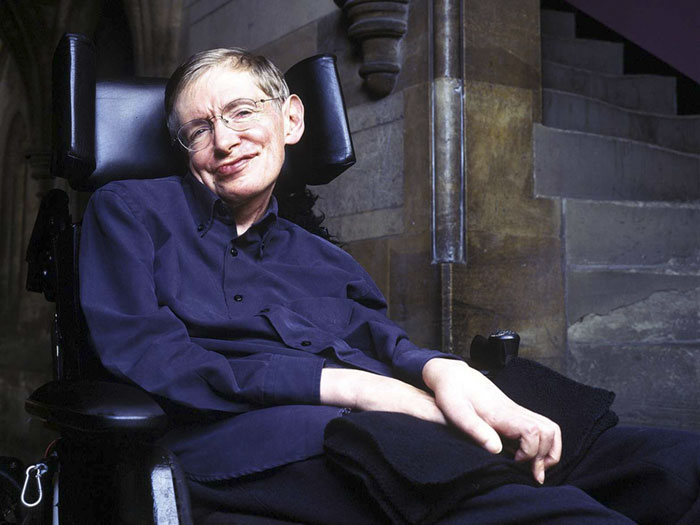
His children gave this statement
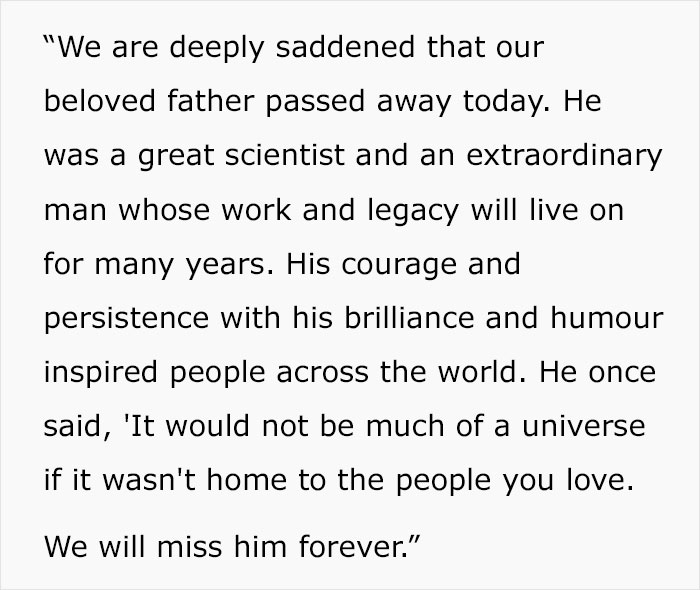
Stephen's curious mind led him to begin studying physics at Oxford University
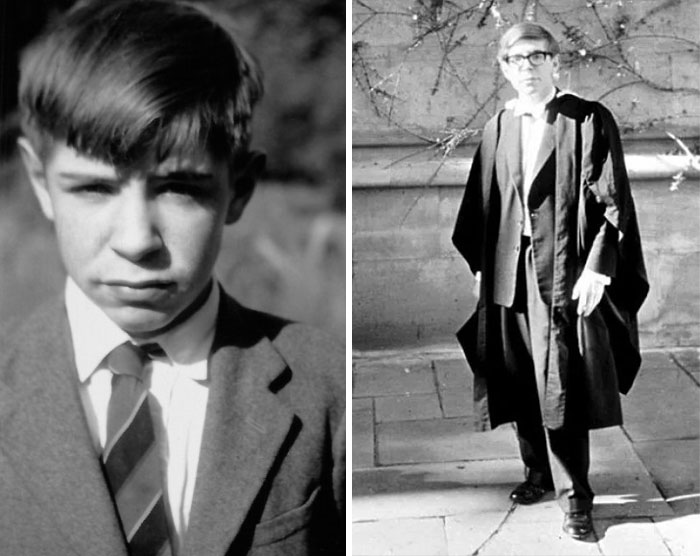
Where he flourished despite finding his academic work 'ridiculously easy'
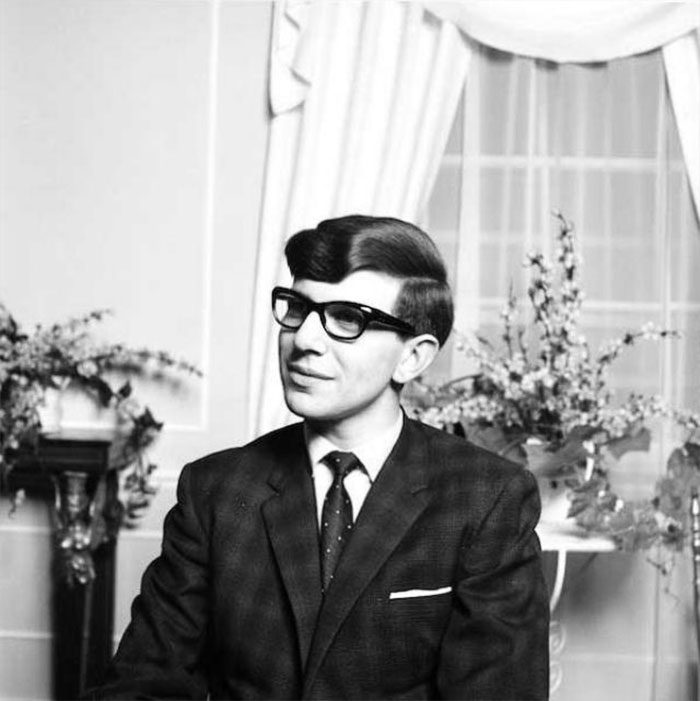

He met Jane Wilde, and married at the age of 23
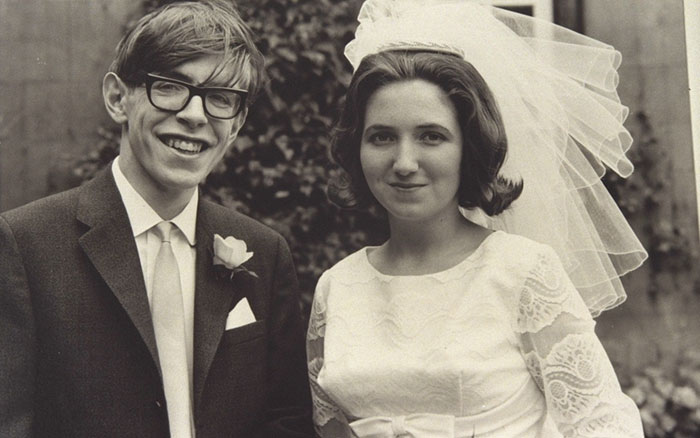
He soon became a father of three, but by then his health has already started to deteriorate
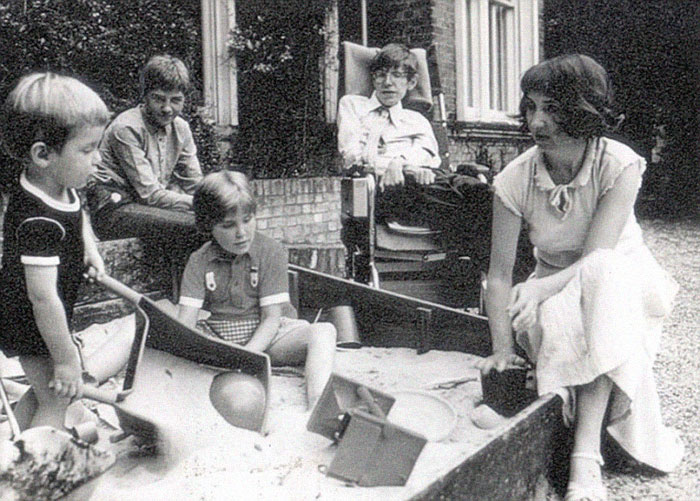
Doctors diagnosed him with amyotrophic lateral sclerosis (ALS) when he was only 21 and gave Stephen only 2 years to live
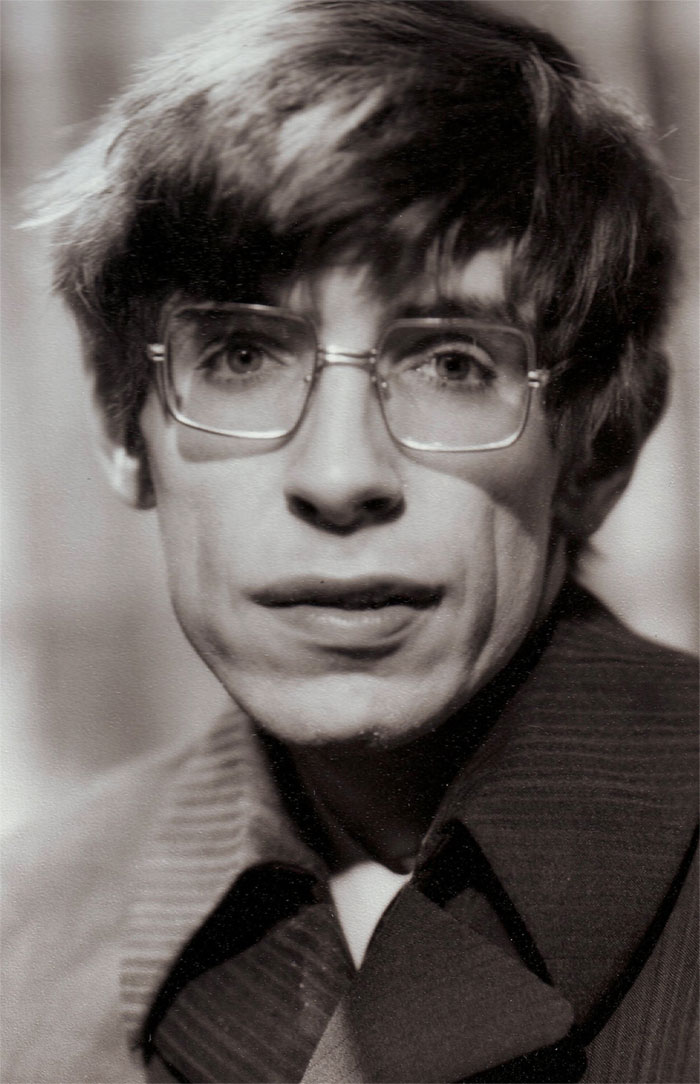
Devastating news was quickly followed by paralysis and speech impairment that left him nearly mute

He was on home care until he partnered with 'Words Plus' who helped to engineer his iconic wheelchair and soundbox

Despite the grim prognosis Stephen managed to finish his thesis which has become a groundbreaking study of Black Holes
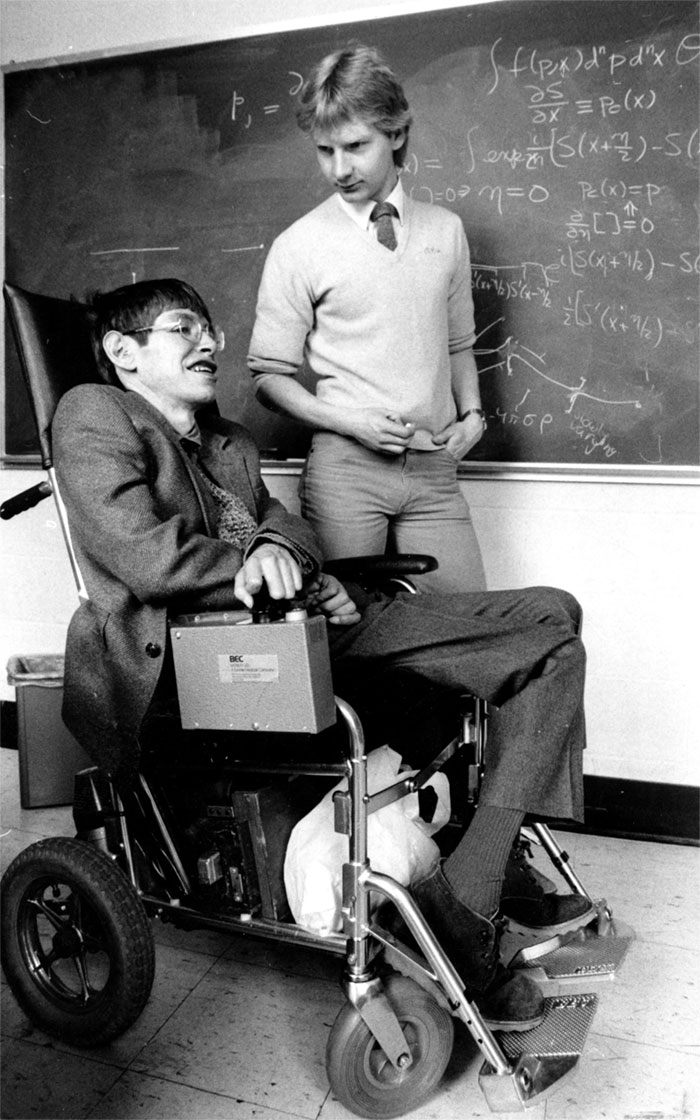
He later went on to discover that black holes actually emit radiation

Known today as Hawking radiation

Before moving into the study of quantum gravity and quantum mechanics
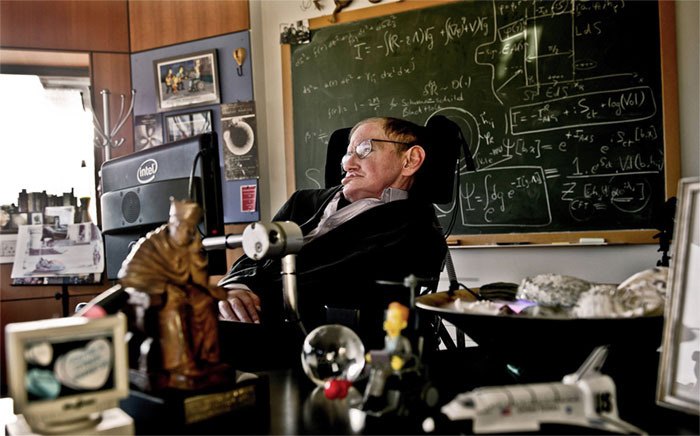
Writing several bestselling books on the complex subject of physics, and making the science much more accessible to the average person
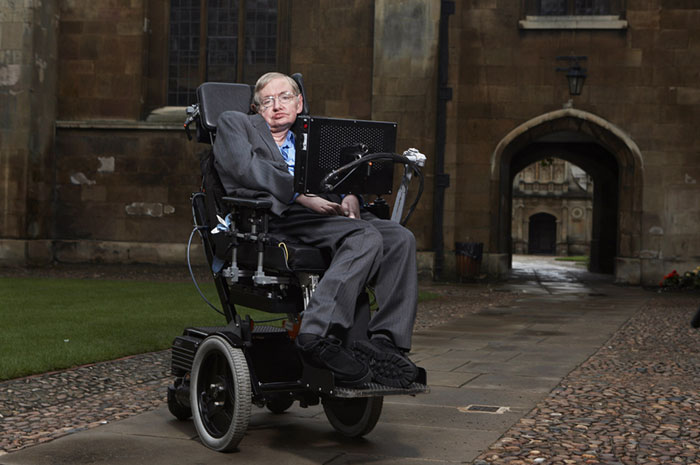
Throughout his life, Stephen has received countless awards including the Order of the Companions of Honour from the Queen
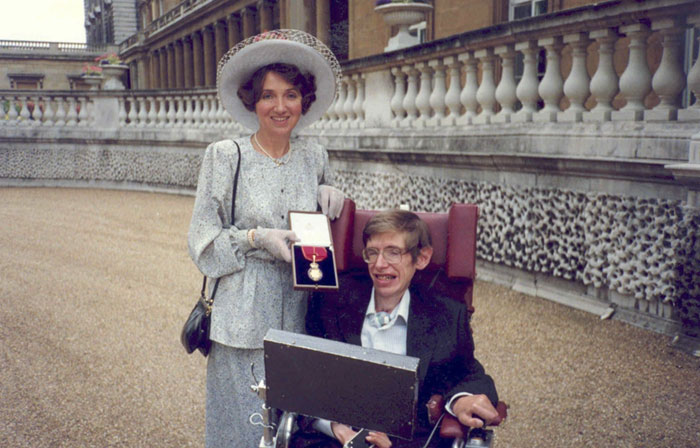
And a Presidential Medal Of Freedom by U.S. president Barrack Obama, to name a few
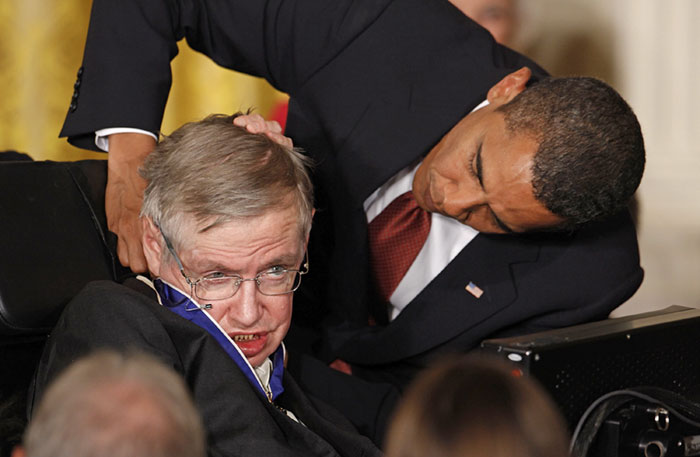
He has been hosted by people like Nelson Mandela
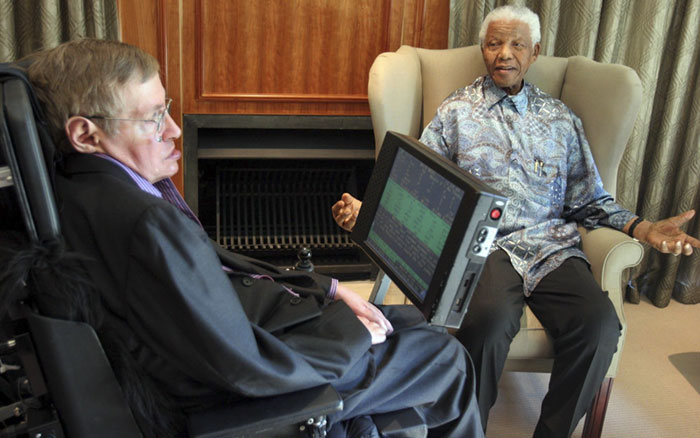
Queen Elizabeth

And became a pop culture icon
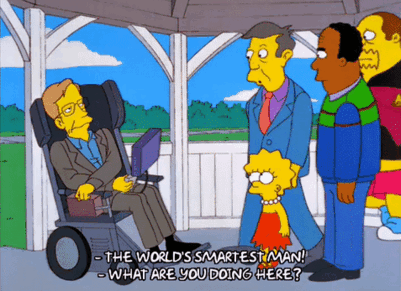
Lately, a fully fledged biopic movie was filmed which went on to win an Oscar
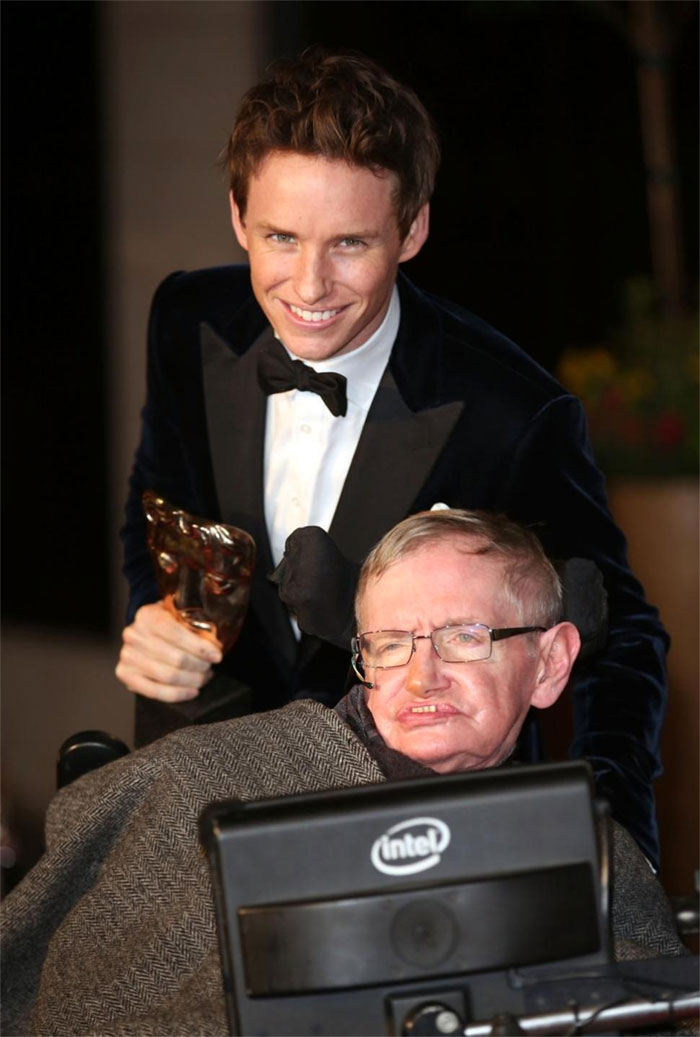
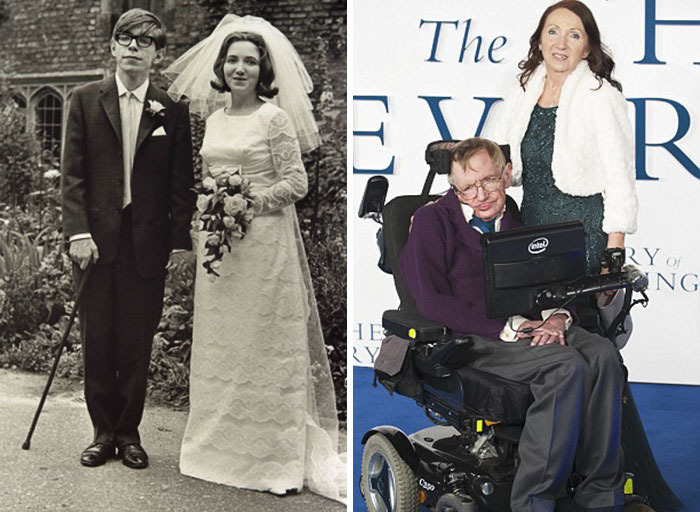
Stephen died due to complications from his illness on 14th March, which is, coincidentally, also Pi Day and Albert Einstein's birthday
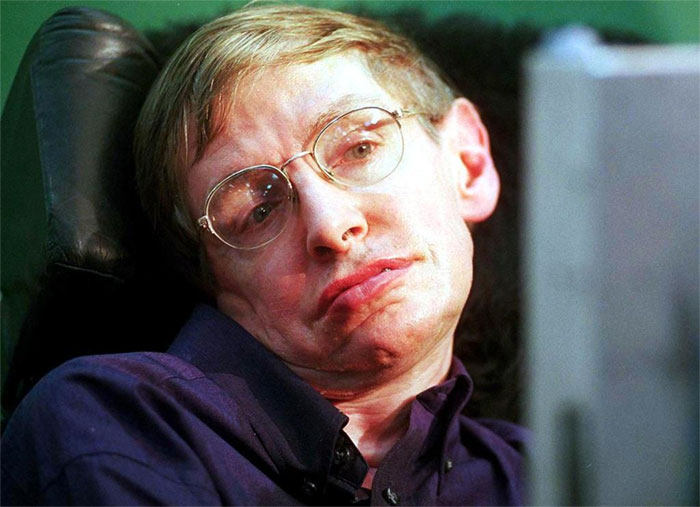
His life touched many others' and left a footprint on the scientific community as big as only a few have ever managed before
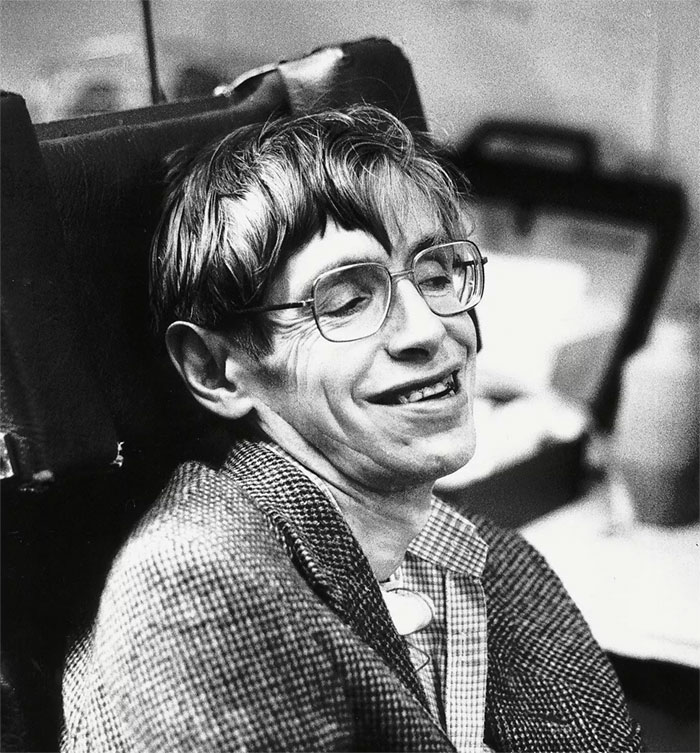
![Forest Essentials [CPV] WW](https://s3-us-west-2.amazonaws.com/pcw-uploads/logos/forest-essentials-promo-codes-coupons.png)
0 comments